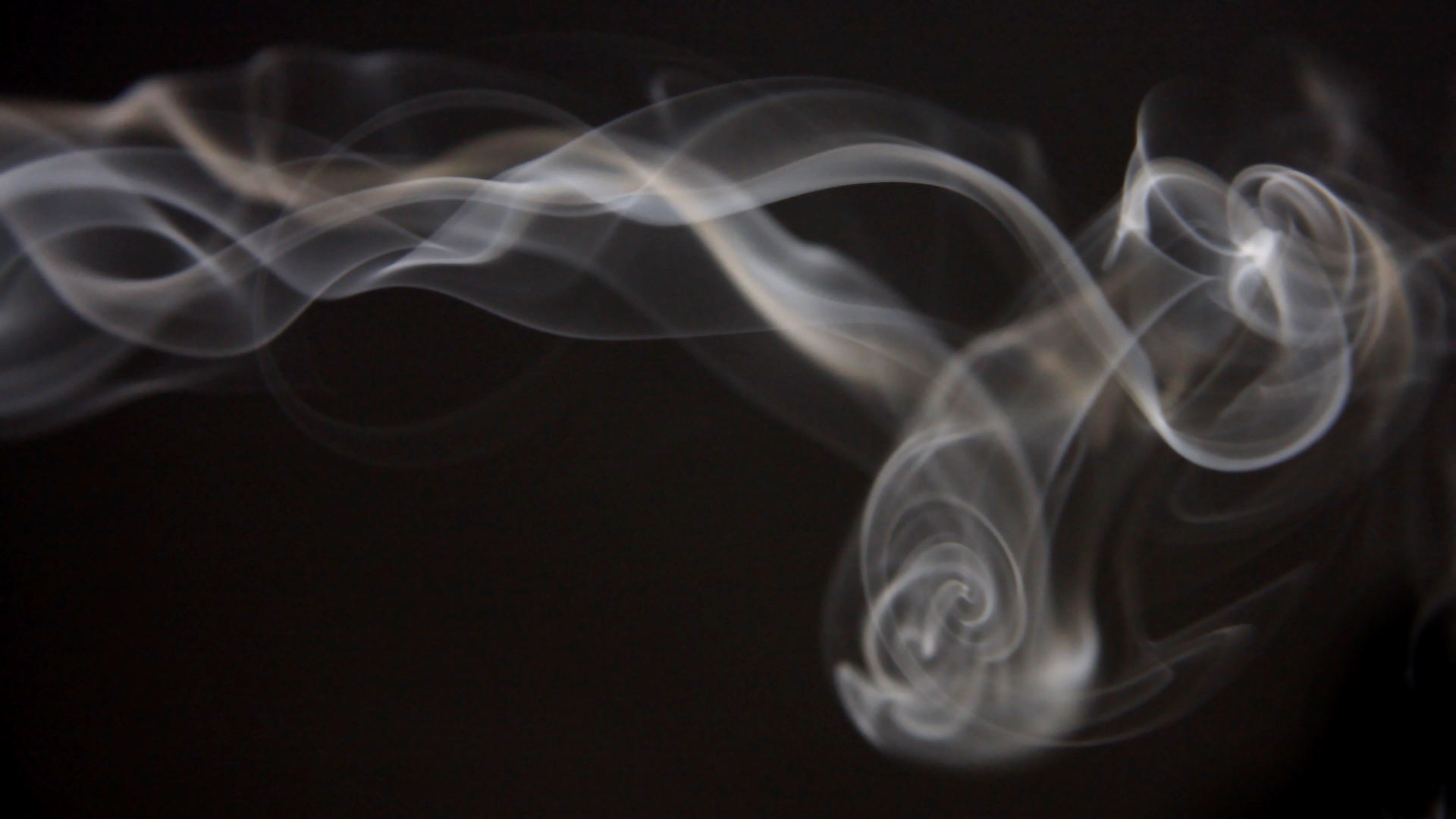Holy Smokes (BERK)
[Last updated on: 2025-02-23 – added some Links]
Berk GmbH & Co. KG is a German wholesaler of incense products and esoteric items.
It’s a family business based in Baden-Württemberg.
They sell most of their incense products, especially their incense sticks, under the brand name “Holy Smokes”, but usually, you can also find the BERK logo on the packagings. The Holy Smokes brand range includes over 10 lines of incense sticks (like the Blue Line or the Feng Shui line), including such without bamboo core (Green Line); also spirals, cones, rope incense and loose incense – both individual incense ingredients and blends. Furthermore, they sell incense sticks from other well-known brands such as Satya and Shoyeido, incense heaters, incense bowls and lots of brass stuff, jewellery and things that have nothing to do with incense, which is why I won’t go into that here.
BERK remains very vague about who they have their incense sticks produced by. On their website, you can only find the following: “Large parts of our incense sticks are made in an ashram in India. This ashram is located far from major cities in a very rural area.” It also says that the production provides work for many women and that the ashrams profits support a school and a health centre.
There is also a reference to a supplier from Nepal who works with Buddhist monasteries.
BERK shows itself committed to fair trade and sustainability, but what of their products actually comes from fair trade, and to what extent, is not made clear at all; they also don’t have any certificate.
My personal experience with this brand
I have already mentioned occasionally that I know BERK from my teenage days and that I considered their incense the best back then. At that time, the Royal or “Violette” line still existed, whose packs did cost a German Mark more than one of the Blue Line, but which were a good deal better.
I asked BERK when and why it was discontinued…
The friendly information was that it was discontinued in 2012 because demand was too low. 🙁
It’s hard for me to say clearly whether my taste has changed that much since then, or whether the quality of their incense sticks has simply declined. In any case, I’m much less impressed today (with exceptions) than I was back then.
In addition, my previous communication with the company (with the current exception above) has tended to be a disappointment.
I have once found a hair in their incense sticks, and another time a fabric fibre. When asked, they simply said that this can happen occasionally.
A deeper inquiry regarding the use of charcoal in their incense sticks (of the Chakra Line to be specific, which look almost like dipped charcoal sticks) was entirely ignored.
2024-04-18 – Note: I am referring to the old Chakra Line, which was discontinued in 2023. There is now a new Chakra Line, of which the sticks (in product pictures) look like those of the Blue Line.
I don’t want to call their incense sticks overpriced, but you should at least be careful not to be completely ripped off by some vendors: Blue Line varieties usually cost €3-3.50, if it’s more, you’re definitely unnecessarily paying too much. You have to be particularly careful with “Ambrosia” as there are sometimes prices of €5 or more.
When trying out different BERK (Blue Line) and Pure (UK) samples, I noticed repeatedly how similar they are. Both seem to have a comparable base recipe, in which an often over-present vanilla note is noticeable. Pure have a “Classic” line (which is practically unavailable in Germany), which are also sold at 10g and are in the same price category as the Blue Line.
The sticks itself also look very similar.
I am not convinced that exactly the same incense sticks are sold under their respective brand names, but I wouldn’t be surprised if the same producer was behind them, namely Haridas Madhavas Sugandhi, HMS for short. – I would like to emphasize: This is pure speculation!
However, this only applies to the Blue Line and Ambrosia. Other lines may come from other sources, but most certainly the Feng Shui line, which has a thoroughly different character.

